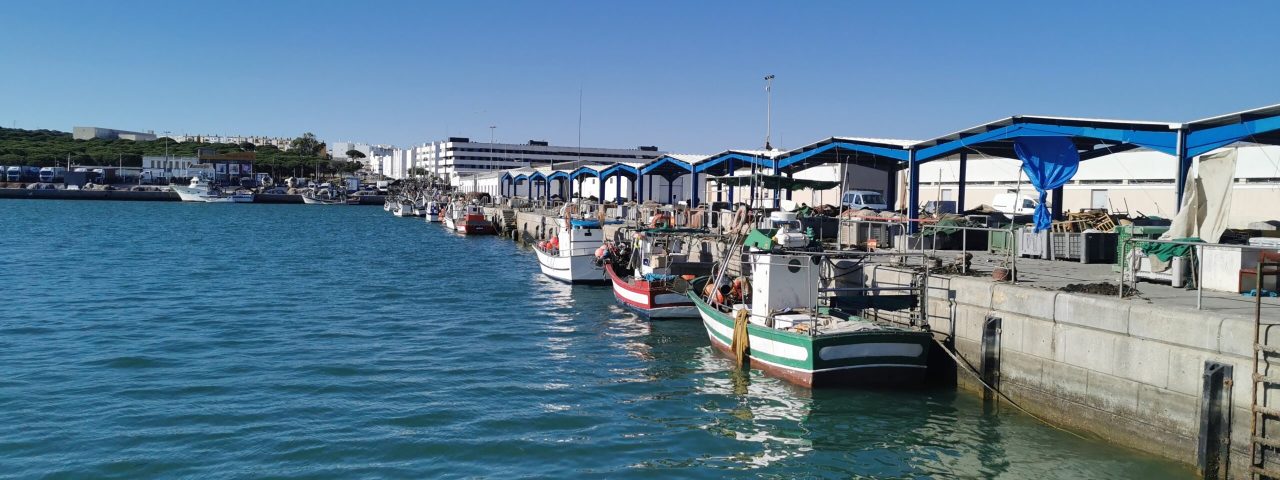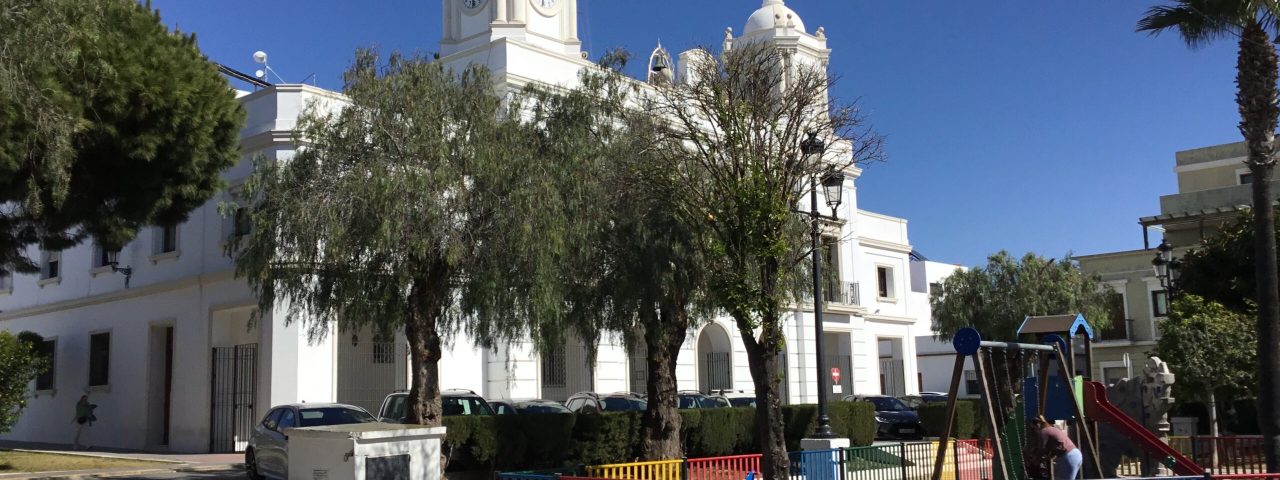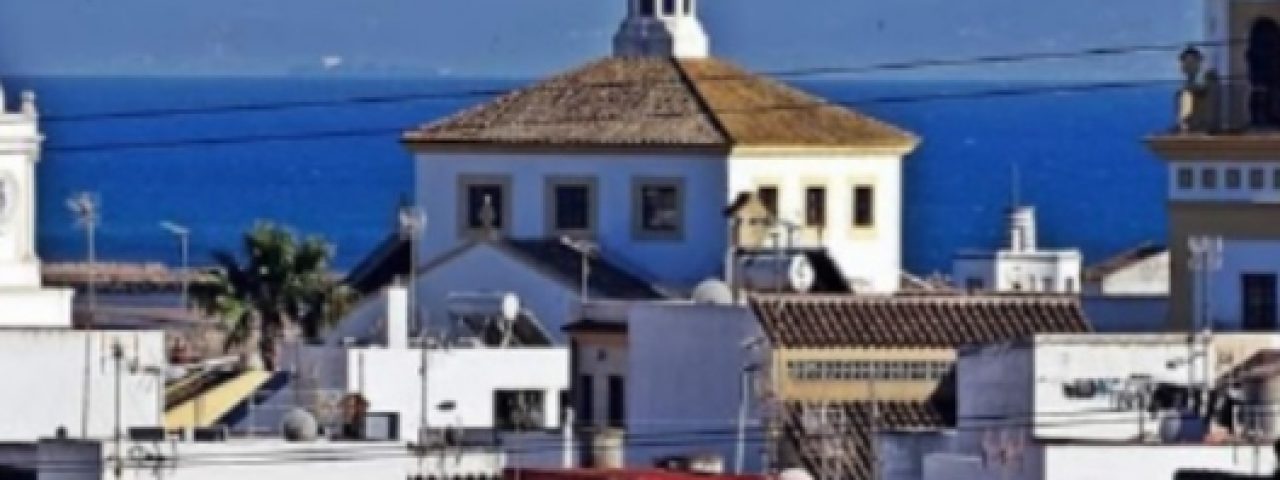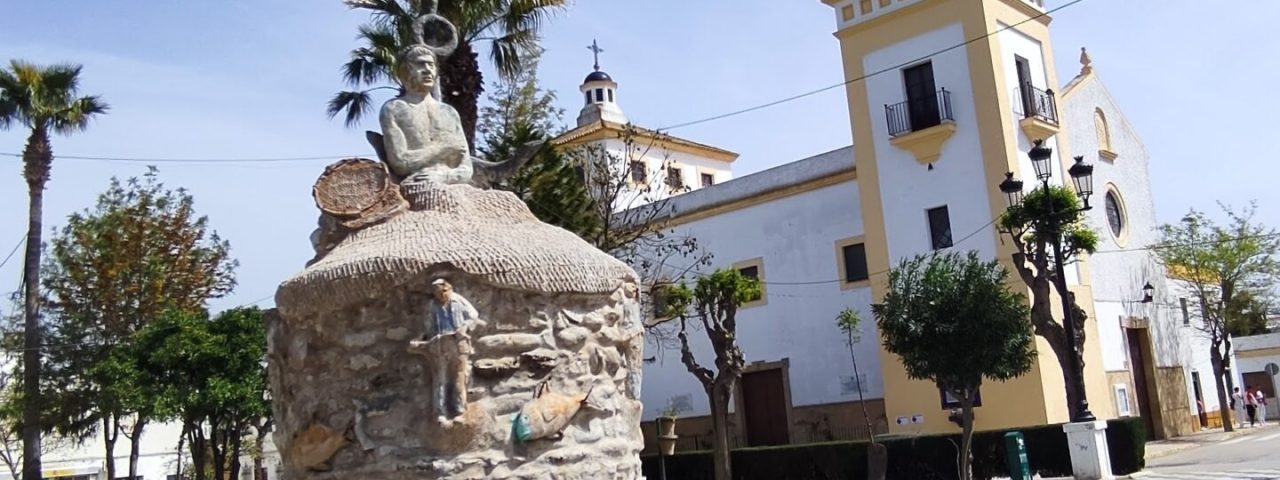Barbate de Franco has a rich historical tapestry that reflects the various civilizations that have shaped Andalusia. Originally settled by the Phoenicians and later influenced by the Romans, the city also bears a significant Moorish legacy. The fishing traditions that remain central to Barbate’s identity date back to Roman times when tuna fishing played a crucial economic role. After the Christian Reconquista, the city became more connected to broader Spain, and it continues to be deeply rooted in Andalusian traditions.
The local culture is strongly tied to the sea and fishing, which plays a key role in the city’s annual festivals. One of the most popular cultural events is the Feria del Atún (Tuna Festival), where visitors can taste exquisite dishes made from the region’s famous bluefin tuna, caught using the traditional almadraba method. The city’s vibrant festivals also include Semana Santa (Holy Week) and the Carnival of Barbate, both celebrated with processions, music, and local customs.
Traditions like flamenco dancing, bullfighting, and local culinary customs are also integral to the cultural identity of Barbate de Franco. Visitors can explore the town’s deep connection with Andalusian heritage through its various events, religious celebrations, and art.



